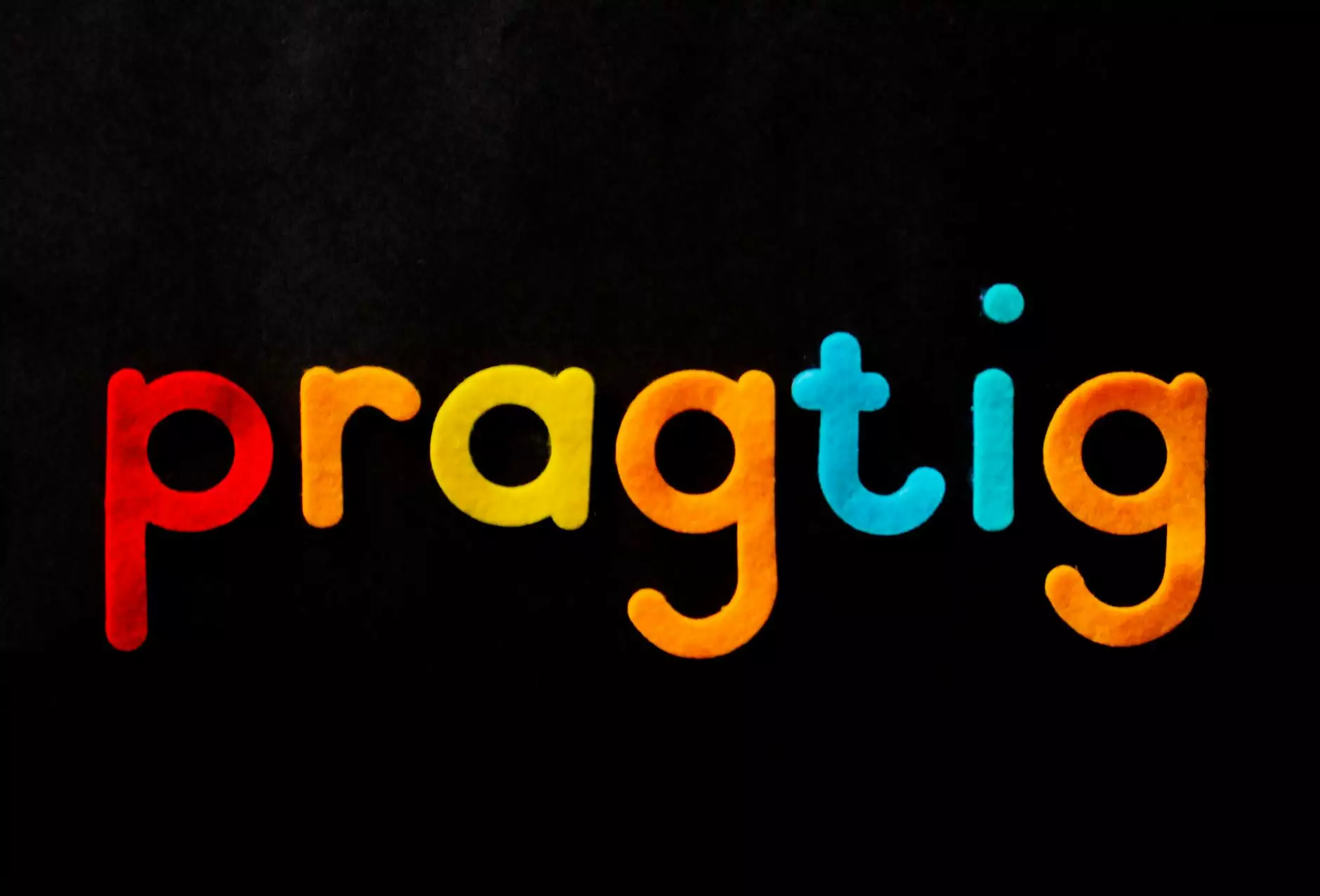English Lesson: Besides Vs. Except
English Grammar Lessons
Introduction
Welcome to NJCLT's comprehensive English lesson on the differences between 'besides' and 'except'! Understanding the nuances between these two words will greatly enhance your English language skills and enable you to use them correctly in various contexts.
What Does 'Besides' Mean?
'Besides' is a versatile preposition that can convey multiple meanings depending on the context in which it's used.
When used to indicate in addition to or as well as, 'besides' implies that there is something in addition to what has already been mentioned or discussed. For example, "Besides English, Sarah speaks French and Spanish fluently."
Besides also functions as an adverb that can be used synonymously with 'moreover' or 'furthermore' to add further information or reasons to support a statement. For instance, "The book is captivating. Besides, it beautifully illustrates the author's profound understanding of human emotions."
What Does 'Except' Mean?
'Except' is a preposition used to exclude or make exceptions. It highlights exclusions or exemptions in relation to a specific group, condition, or circumstance.
When we use 'except,' we are indicating something that is not included, or something that is not part of a particular category. For example, "All students passed the exam, except for John."
Additionally, 'except' can function as a conjunction when used at the beginning of a sentence. It introduces a clause that expresses exclusion or exception. For instance, "Except for the rainy weather, the picnic was a success."
Distinguishing between 'Besides' and 'Except'
While 'besides' and 'except' may seem similar, it is crucial to understand their distinct usage to avoid any confusion. Let's delve deeper into their differences:
Usage of 'Besides'
1. In Addition To: 'Besides' indicates something that is added or included, contributing to the existing pool of items or information.
2. Furthermore: 'Besides' can be used to introduce additional information or reasons that support a statement.
3. Besides Myself: 'Besides' is also used to express exceptions or exclusions of oneself from a particular group or decision.
Usage of 'Except'
1. Exclusions and Exceptions: 'Except' is used to indicate exclusions or exemptions from a certain condition, group, or circumstance.
2. But For: 'Except' can be used to express what would have happened if it weren't for a specific condition or situation.
Examples in Context
To solidify your understanding, here are a few examples of 'besides' and 'except' used correctly in various contexts:
Examples of 'Besides'
- 1. Besides English, Sarah speaks French and Spanish fluently. (In addition to English, Sarah knows French and Spanish as well.)
- 2. The party was fantastic! Besides, it was beautifully decorated. (The party was amazing, and it was adorned with beautiful decorations.)
- 3. I enjoy many hobbies besides painting, such as reading and playing the piano. (Apart from painting, I have additional hobbies like reading and playing the piano.)
Examples of 'Except'
- 1. All the children ate the cake except for Tom, who is allergic to chocolate. (Everyone consumed the cake except for Tom, who couldn't have it due to his chocolate allergy.)
- 2. I would have passed the exam except for the unexpected power outage during the test. (I could have passed the exam if there hadn't been a sudden power outage.)
- 3. Everyone attended the meeting except for James, who was feeling unwell. (All individuals were present at the meeting, except James, who couldn't attend due to illness.)
Enhance Your English Language Skills with NJCLT
Mastering the proper usage of words like 'besides' and 'except' is vital for effective communication. NJCLT is here to help you enhance your English language skills through our comprehensive lessons and tutorials. Whether you want to improve your vocabulary, grammar, or spoken English, our experienced instructors will guide you every step of the way.
Don't miss out on the opportunity to become fluent in the English language. Visit NJCLT today and embark on a language-learning journey enriched with exceptional expertise and personalized attention.










